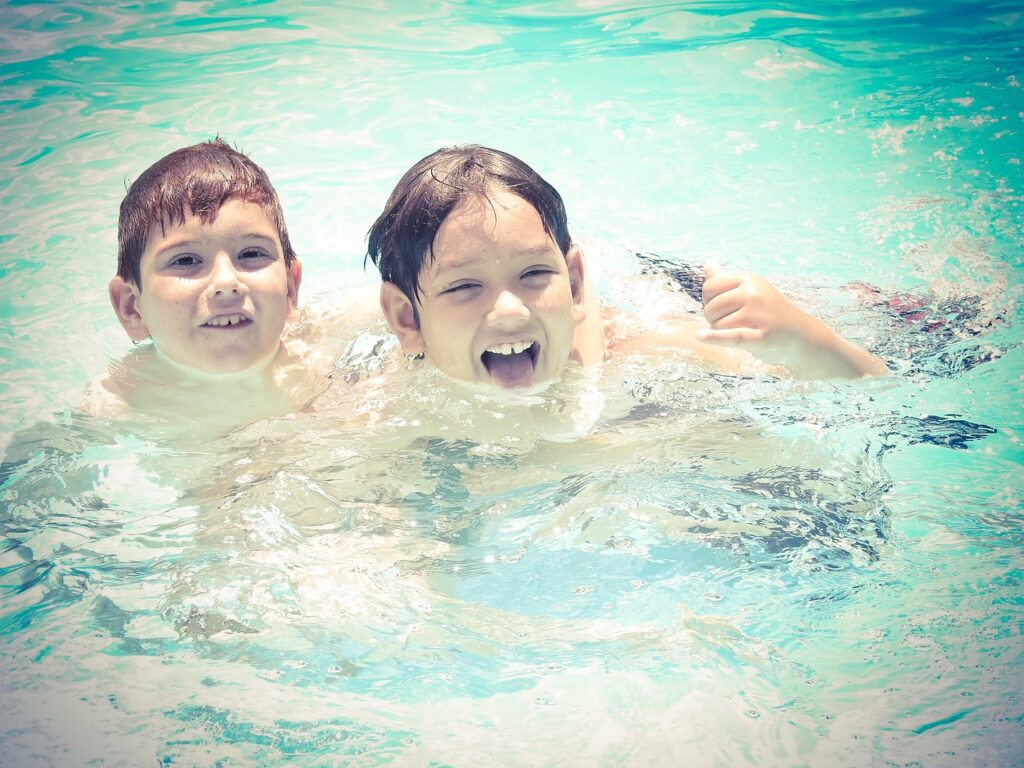
Is there anything sweeter in the life of a child than the experience of summer camp?
Consultant Jennifer Rosen Petkun doesn’t think so. She’s been a camp expert for nearly three years, matching families with ideal summer retreats for their kids.
“I went to overnight camp when I was younger, and it was a foundational experience of my childhood,” she recently told The Sun. “I loved it and am still passionate about what a rewarding experience camp can be.”
Kids have been attending camps of all kinds for more than 150 years, according to 2019 statistics from the American Academy of Pediatrics. Numbers for that year showed there were more than 14,000 day and residential camps in the U.S. catering to about 14 million children.
The academy believes that when there’s a successful match between a camp’s philosophy and practices and a child’s developmental readiness and ability, the camp experience can have beneficial long-term effects on social and mental development, self-esteem, peer relationships, independence, leadership and a willingness to try new things.
Camps also offer a healthy connection with the outdoors and other physical activities that kids may otherwise miss spending time online.
The nation’s YMCA network includes 1,467 day camps and 234 overnight camps serving more than 360,000 young kids and teens, according to ymca.org. The organization’s Suzanne McCormick calls the camp experience “transformational.”
“Camp offers young people two things that have become increasingly important to their well-being,” she notes: a respite from daily stressors and a positive sense of belonging.”
But McCormick also cites an issue that is more common in our online world: lonely kids.
“Belonging always has been an important component of healthy youth development, and for today’s kids, it’s essential,” she explains.
McCormick has seen a rise in the isolation of children and teens in the last two decades. The amount of time they spent interacting in person with friends during those years dropped nearly 70%, she points out, citing statistics from the U.S. Surgeon General. That data also shows that the number of teens from ages 13 to 17 online “almost constantly” has doubled since 2015.
But there’s good news: While camp alone can’t solve the crisis of loneliness and isolation for kids, a recent study McCormick cited by the American Camp Association found that many parents believe their campers experienced deeper friendships and a willingness to try new things. And 58% of kids indicated their time at camp helped them appreciate the importance of being present in the moment and focusing more on developing relationships.
At that summer slide in learning? Many camps maintain schedules that mirror their school day, to prevent that issue, according to the Summer Camp Hub, a source that helps parents in the U.S., Canada and around the world find summer retreats for their kids.
“Children who attend summer camp and maintain this fairly set schedule,” the site points out, “are less likely to experience learning loss through the school break. This is a great advantage when school starts back up in late summer, as kids who go to camp will be ready to get right back into the swing of things when they return.”







